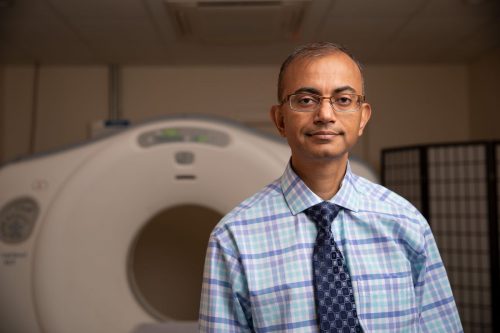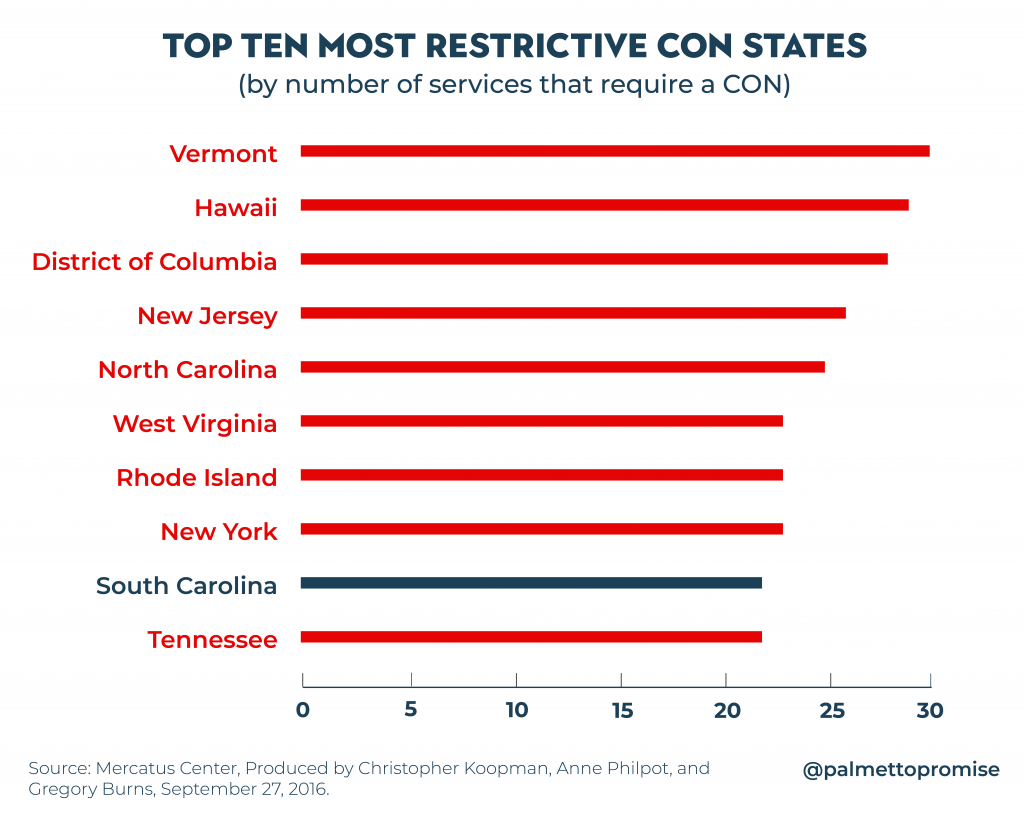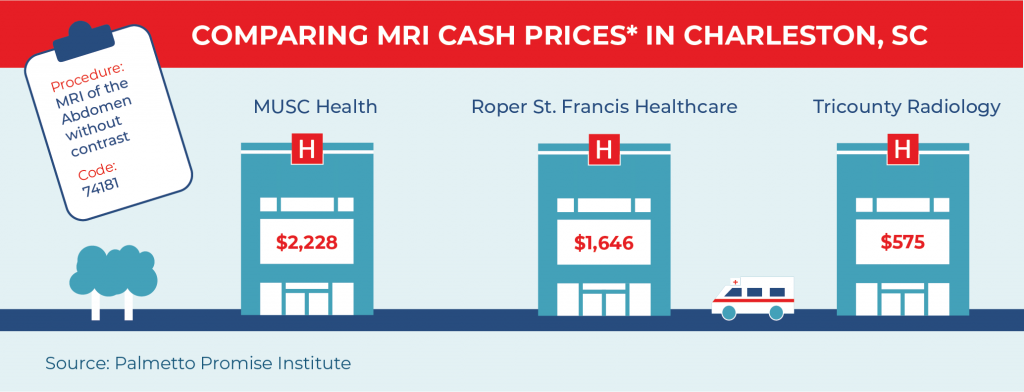Major victory for healthcare freedom handed down from North Carolina court
Two days ago, a court ruled in favor of Dr. Gajendra Singh and against the North Carolina Department of Health & Human Services (HHS) on the issue of Certificate of Need (CON). North Carolina’s HHS had sought to dismiss a constitutional complaint against CON from Dr. Singh, who is being represented by our good friends at the Institute for Justice (IJ).
The Certificate of Need (CON) law Dr. Singh and IJ are fighting so valiantly in North Carolina is similar to South Carolina’s. It requires medical providers to obtain special permission from the government in order to purchase certain medical equipment—in Singh’s case an MRI scanner. The reason? Because another provider down the street also has an MRI scanner.
The CON application process, which Dr. Singh contends is unconstitutional, forces him to show how the equipment he wants to buy is “needed.” Dr. Singh’s competitors could even appeal the decision if his CON were approved, further contributing to the argument that CON laws serve to benefit the existing providers at the expense of new ones—what ever happened to the free-market?
With this monopolistic law on the books, providers must get permission from the government to purchase certain medical equipment, but also do so in a way that protects existing providers from competition. (The North Carolina Supreme Court struck down the first attempt at instituting CON laws in 1973 because of concerns that its enactment would establish a monopoly. They had it right.)
The battle has not been won yet, but we applaud Dr. Singh and the Institute for Justice for pushing back.
If we are lucky, their efforts will help us here in The Palmetto State. South Carolina currently has a whopping 22 CON regulations in place, one of which requires providers to obtain a CON for purchasing any medical equipment that costs $600,000 or more. Both South Carolina and North Carolina are in the top 10 list of states for most restrictive CON laws.
CON laws were first created to help reduce costs and increase access, but they have done nothing of the sort. Instead, CON laws have stifled competition, and as a result, have been a barrier to low-cost providers like Dr. Singh.
Dr. Singh opened his imaging center because he noticed the confusing and typically exorbitant process for MRI imaging services in particular. This is a familiar problem that led Palmetto Promise’s research team to examine MRI costs in South Carolina. We found the same issues. In Charleston, for example, a patient paying cash could spend as much as much as $2,200 or as little as $575 for the exact same service.
We believe that medical providers shouldn’t have to get permission from either the government or their competitors to buy new equipment or expand their services.
Thankfully, Rep. Nancy Mace and House Ways and Means Committee Chairman Rep. Murrell Smith have been leaders in the effort to bring an end to CON laws in South Carolina. A bill that they have sponsored, H.3823 (2019), would remove CON from the state code entirely. It currently has about 30 co-sponsors.
If you agree, and would like to join our Healthcare Freedom Movement, help us put an end to this anti-competitive law and sign our Healthcare Freedom petition today!
Photo: Dr. Gajendra Singh. Provided courtesy of the Institute for Justice.








